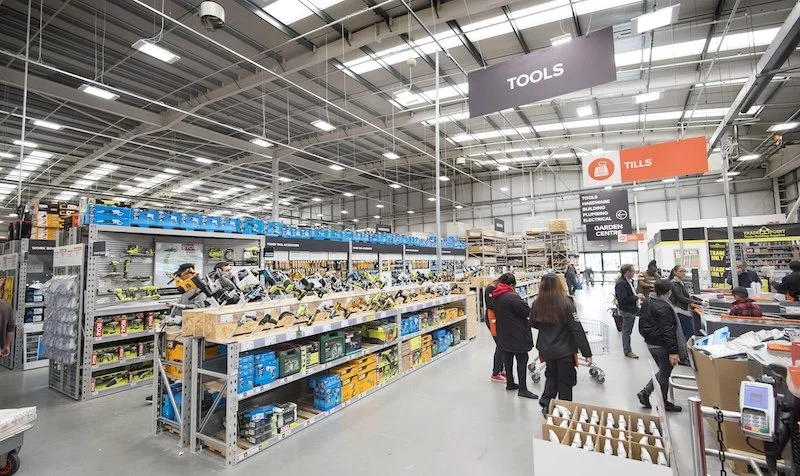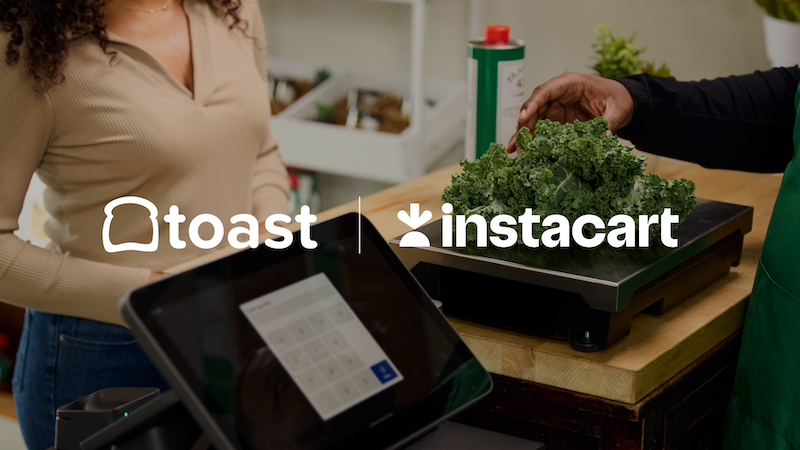Building a data driven in-house marketing team in retail
In today’s retail landscape, brands can no longer rely solely on external agencies to manage their marketing efforts.
To stay agile, competitive, and closely aligned with customer needs, many retailers are investing in a digital marketing in-house approach. By bringing key marketing functions internally and equipping teams with analytics, CRM, and automation tools, businesses can respond faster, make smarter decisions, and deliver campaigns that genuinely resonate with their audience.
The Case for In-House Marketing
Outsourcing marketing tasks has been a long-standing industry norm. While agencies bring expertise and scalability, they often lack intimate knowledge of a brand’s products, customers, and operational nuances. In contrast, an in-house team lives and breathes the brand daily, offering unparalleled insight into customer behaviour and business priorities.
For retail businesses, this can be transformative. With direct access to sales data, customer feedback, and inventory information, an in-house team can craft campaigns that align perfectly with both marketing goals and operational realities. Moreover, leveraging analytics platforms and CRM systems enables these teams to track campaign performance in real time, pinpoint opportunities, and quickly pivot strategies when needed.
The benefits extend beyond agility and insight. Bringing digital marketing in-house allows for greater control over budgets, messaging, and strategic priorities. It fosters collaboration between marketing, sales, and product teams, ensuring campaigns are integrated across every touchpoint.
And when combined with automation tools, repetitive tasks such as email campaigns, social media scheduling, and customer segmentation can be streamlined, freeing team members to focus on strategic decision-making and creative execution.
Photo credit: Pixabay.
Building a Data Driven Team
Creating a high performing in-house marketing team requires careful planning and the right mix of talent, tools, and processes.
1. Define Roles and Responsibilities
Start by mapping out the key functions your team needs. Roles may include data analysts, content creators, social media managers, email marketing specialists, and CRM administrators. Each member should have clearly defined responsibilities, while also understanding how their work contributes to broader business objectives.
2. Invest in Analytics and CRM Tools
Data is the lifeblood of a modern marketing team. Analytics platforms allow marketers to measure campaign effectiveness, understand customer journeys, and track key metrics such as conversion rates, engagement, and ROI. Meanwhile, CRM systems centralise customer data, enabling segmentation, personalised messaging, and targeted campaigns. When these tools are used in tandem, the team gains a holistic view of both customer behaviour and campaign performance.
3. Leverage Automation for Efficiency
Automation reduces manual work and ensures consistency across campaigns. Retailers can automate email workflows, loyalty programmes, retargeting ads, and social media posts, freeing the team to focus on optimising strategy and creative execution. Automated insights from AI-powered dashboards can also guide budget allocation, content scheduling, and promotional timing, improving both efficiency and effectiveness.
4. Foster a Culture of Continuous Learning
Even with the best tools, the human element is critical. Encourage your team to stay current with emerging marketing trends, platform updates, and retail industry shifts. Regular training, workshops, and knowledge sharing help ensure that the team remains innovative and adaptable.
Maximising Impact and ROI
Once the in-house structure is in place, the next step is ensuring it delivers measurable impact.
1. Data Driven Decision-Making
With the right data infrastructure, your team can make informed decisions rather than relying on assumptions. Analytics insights can highlight which campaigns, channels, and customer segments drive the most value, allowing the team to optimise spend and effort for maximum ROI.
2. Personalised Customer Engagement
A data driven approach enables hyper-personalisation. By combining CRM insights with behaviour tracking, the team can deliver relevant offers, product recommendations, and messaging that resonates with each segment. Personalised campaigns not only improve engagement but also build long-term loyalty and brand trust.
3. Experimentation and Optimisation
An in-house team is perfectly positioned to run continuous testing and optimisation. A/B testing of creatives, promotions, and customer journeys allows marketers to learn quickly and iterate on what works best.
Over time, this iterative approach improves performance and ensures marketing strategies are aligned with both business objectives and customer expectations. Customers can plan and shop with technologies that enhance in-store and online experiences, which in turn informs more effective marketing experiments.
4. Collaboration Across Departments
Marketing does not operate in isolation. Sharing insights with sales, product development, and customer service teams ensures a unified approach. For instance, marketing data on customer preferences can inform product launches, while sales feedback can guide promotional campaigns. Collaboration strengthens the organisation as a whole and ensures customers receive a consistent, high-quality experience.
5. Demonstrating ROI
Finally, in-house teams must measure and report performance effectively. Using analytics and CRM data, teams can quantify the impact of campaigns on sales, customer acquisition, and retention. Transparent reporting helps secure executive support, justify budget allocation, and highlight the value of having a dedicated, data driven internal marketing function.
Building a data driven in-house marketing team is no longer optional for retailers aiming to stay competitive. By combining analytics, CRM, and automation tools with skilled professionals, brands can respond faster, optimise campaigns more effectively, and engage customers in a highly personalised way.































Continue reading…